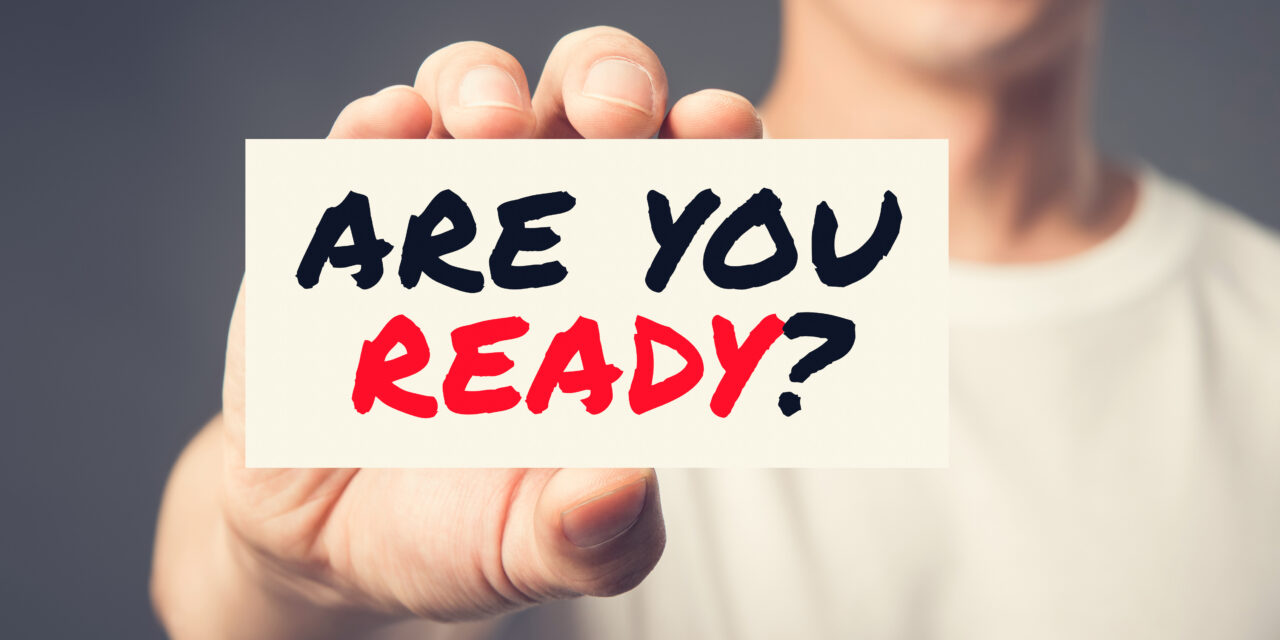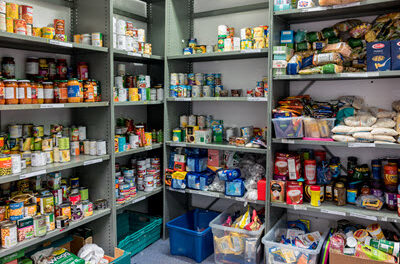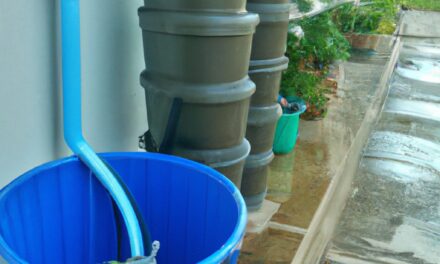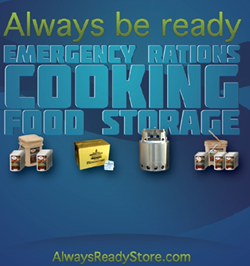7 Clever Strategies to Prepare for Emergencies without breaking the bank.
When it comes to emergency preparedness, being ready does not have to mean breaking the bank. In today’s world, where uncertainties abound—from natural disasters to unforeseen economic troubles—it’s crucial to prepare in a way that’s both effective and economical. Here are seven top strategies to get your family prepared without overstretching your finances.
1. Start Small and Scale Up
The key to budget-friendly preparedness is starting small. Begin by assessing your current supplies before buying anything new. Often, items already in your home can be repurposed for emergency use. For example, candles, matches, blankets, and basic first aid supplies are common in many households. Each month, add one or two items to your emergency kit, spreading out the cost over time. This gradual approach minimizes financial strain and allows you to build a comprehensive kit without a significant upfront investment.
2. Take Advantage of Sales and Bulk Buying
One of the most effective ways to gather your supplies on a budget is to shop sales and buy in bulk. Non-perishable food items, such as canned goods, rice, and pasta, often go on sale and can be stored for extended periods. Watch for discounts and promotions at local grocery stores or wholesale clubs where you can buy larger quantities at lower prices. Remember, the goal is to accumulate a diverse array of foods to sustain your family for several days or even weeks if necessary.
3. DIY Where Possible
There are numerous DIY projects for emergency preparedness that can save money. For instance, instead of buying expensive ready-made emergency kits, create your own. Assemble a basic first aid kit using common household items such as band-aids, antibacterial ointment, and over-the-counter medications. You can also make your own water filters or learn to purify water with bleach. Not only is DIY more budget-friendly, but it also ensures you know exactly what’s in your supplies and how to use them.
4. Leverage Community Resources
Often, local community centers, fire departments, or health departments offer free or low-cost training sessions on various aspects of emergency preparedness, such as CPR, first aid, and disaster response strategies. These resources can be invaluable and help you prepare without spending much money. Additionally, community groups or online platforms often organize swap meets where you can trade items with neighbors, allowing you to diversify your emergency supplies at no additional cost.
5. Focus on Multipurpose Items
When purchasing supplies, prioritize items that serve multiple purposes to maximize your investment. For example, duct tape and bungee cords are versatile tools that can be used in various scenarios, from repairs to securing items. Similarly, choose foods that can be used in multiple recipes. This approach not only saves money but also reduces the storage space needed for your supplies.
6. Plan for Natural Solutions
Nature offers a plethora of resources that can be tapped into during emergencies. Learn about local edible plants and natural medicine, which can supplement your food and medical supplies. Also, consider natural water sources near your home and methods for purification. Knowledge about your local environment can be a lifesaver and is completely free.
7. Educate and Practice Regularly
The most crucial aspect of emergency preparedness is knowledge. Educate yourself and your family about potential disasters in your area and have regular discussions about what to do in different scenarios. Practice evacuation routes, communication plans, and safety procedures. The more familiar these plans are, the better you will manage in real situations, ensuring that your preparation is not only cost-effective but also life-saving.
Conclusion
Preparing for emergencies does not need to be an expensive endeavor. With thoughtful planning, strategic purchasing, and a focus on education, you can ensure that your family is well-prepared without overspending. Remember, the goal of emergency preparedness is to provide peace of mind and safety for your family. By employing these budget-friendly strategies, you’re not just saving money—you’re building resilience and security in an unpredictable world.








